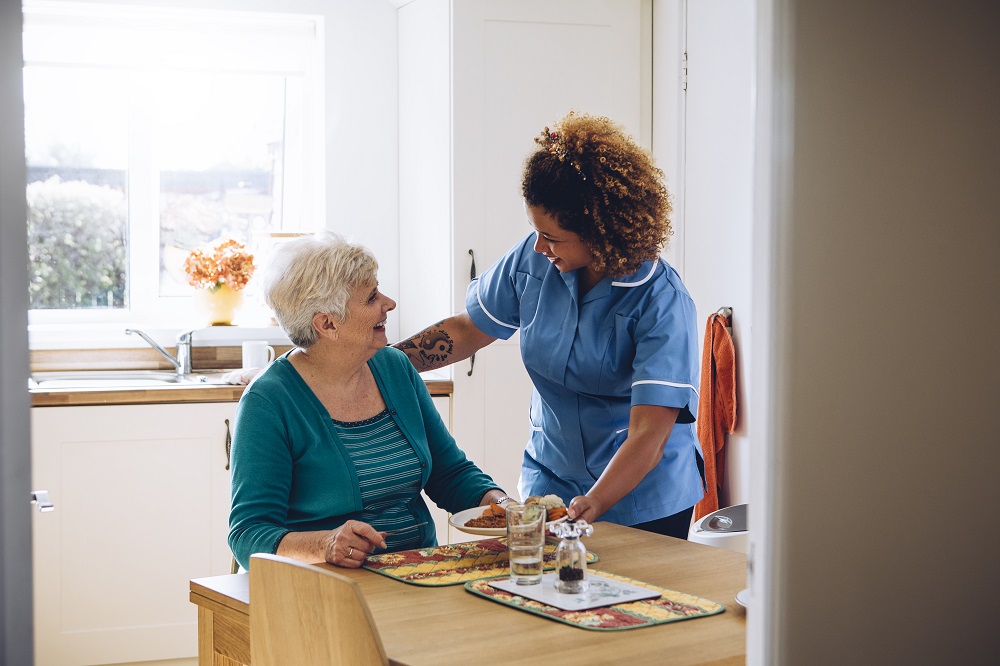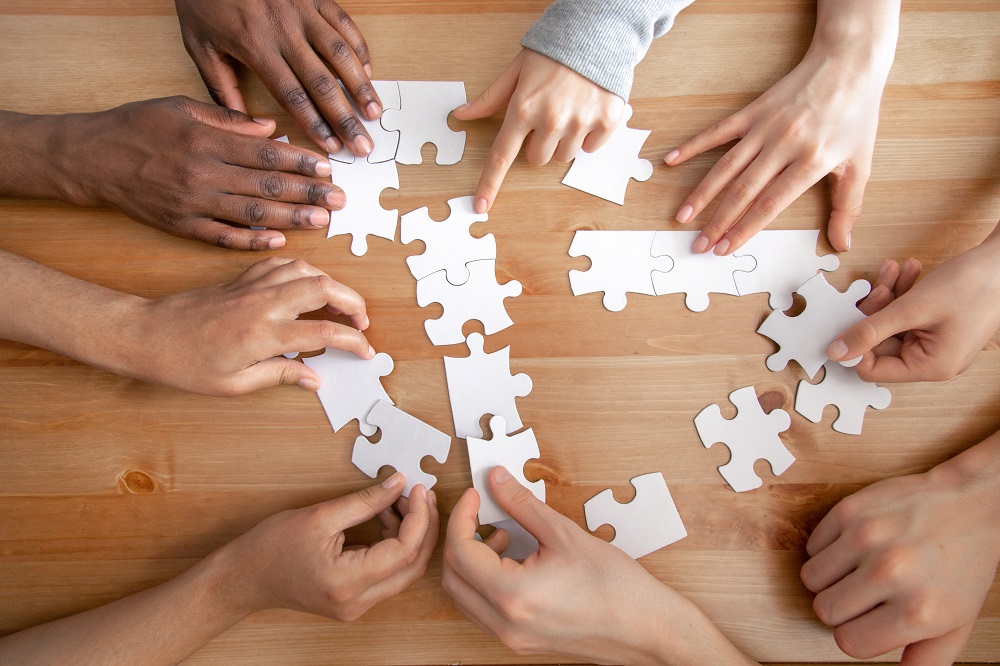What Is Active Support In Disability? Why It Is Crucial For Modern Disability Care

Enabling individuals with disabilities to live independently through active support has become a fundamental part of NDIS disability care. Active support plays a critical role in assisting caregivers and families in managing the circumstances of their loved ones, and it has become a crucial component of modern disability care.
To grasp the significance of this approach, we will go over the definition, application and benefits of active support within this blog.
What Is Active Support?
Active support is a disability care strategy that provides people with disabilities with continual and direct assistance so they can participate in their chosen life activities.
As disability affects people differently, the level of support is based on how much help the person needs in each activity. In other words, it provides them with the appropriate type and level of assistance to become more functional in their everyday lives.
Why is Active Support crucial in modern disability care?
Active support places people with disabilities at the centre of the care process, allowing them to choose and manage how they receive care and assistance. Ultimately, they are the only ones who ultimately know what they want, need, and feel. It crucial that the person is able to live or work as they like.
Consequently, the individual becomes an equal partner in decision making, planning, goal setting, and care monitoring with their service provider.
Additionally, a person-centred approach reduces the likelihood of unpleasant, unfair, or cruel treatment.
The 4 principles of a person-centred approach in Active Support

There is no one-size-fits-all approach to disability care. Every single person is different and has different needs, therefore different techniques may be necessary. For this reason, active support consists of the following principles to ensure the best possible care—
- All decisions and care planning revolve around the individual.
- Significant others, such as family members and friends, are considered in the decision-making process.
- The plan should reflect the person’s abilities, aspirations, NDIS goals, and the assistance they need to make a valuable contribution to their community. Examples of NDIS goals could be as simple as being able to interact with family members or as significant as being able to travel or participate in communal life.
- Support workers and disability services commit to assisting the person in achieving their life goals by continually listening, learning, and acting.
The core elements of Active Support

- Maximizing choice and control
Helping people with disabilities make decisions about how they spend their time is one of the most important aspects of active support. The more alternatives a person has, the more power and control they have over their own lives.
Individual decision-making helps is key for making a person feel capable and driven. - Autonomy
When you have the freedom to plan your day, you are more likely to participate in meaningful activities, bringing you joy and fulfilment. Even if a person has severe disabilities, an NDIS support coordinator actively involves the person in making decisions, no matter how big or small. - Engagement
Every moment, task or social interaction in the community has an opportunity for a person with a disability to participate. NDIS support workers receive extensive staff training to identify moments for a person to engage, and will provide the appropriate level of support. Identifying opportunities for community participation is also key, especially if community participation is a goal of a person’s NDIS plan. - Graded assistance
Helping someone achieve their goals is about providing them with the right kind and amount of support at the right time. Too much help hinders independence, while too little can be detrimental.
There are various methods for assisting people with disabilities, such as visual or verbal clues, hand gestures, physical assistance and step-by-step instructions, etc. Positive behaviour support is another strategy for motivating people to perform better.
In active support, the person and the support staff work together to make it happen.
How does Active Support benefit people with disability?
Active Support encourages people with disability to assume more responsibility for their well-being without being completely reliant upon those caring for them. They will be able to discover their abilities and take on responsibilities that they can they can manage independently.
Furthermore, people with both physical and intellectual disabilities can learn new skills, participate in more activities, and create meaningful social relationships.
Active Support greatly enables a person to have more control over their own lives, achieve their goals and live a more meaningful and fulfilling life, which isnt hindered too much by their disability.
Commitment and compassion in practice
At St. Jude’s, we believe that our clients are the heart of what we do. We genuinely care, so we ensure all of our staff are qualified, well trained and meet our values. This ensures our clients receive the appropriate level of individualised support to help them achieve their goals.
As part of our commitment, we constantly look for ways to improve people’s lives. We value participation, preferences, and possibilities over task completion.
NDIS psychosocial recovery coaches are also available to help people with a psychosocial disability take more control of their lives and deal better with the challenges of day-to-day life.
Read more about the success of psychosocial recovery coaching in action in our previous blog here.
If you want to learn more about how we can help you achieve your goals, please don’t hesitate to contact us. You can also read more about our range of NDIS disability support services via our website.
|
|


